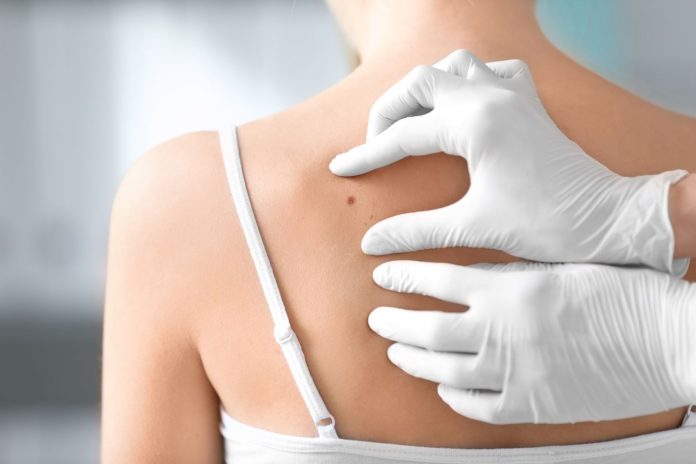New technology that could save lives through the early detection and treatment of melanoma is set to be fired up on the Sunshine Coast.
Melanoma is the deadliest form of skin cancer and there is currently no standardised diagnosis for it.
More than 28,000 Australians are diagnosed with a melanoma each year, leading to an average 1700 deaths – one of the highest rates in the world.
But the first of 15,000 Australians will on Monday step into 3D body scanners rolled out through the Australian Cancer Research Foundation in Queensland, NSW and Victoria.
This technology undertakes full body mapping, allowing researchers to investigate and track potentially problematic moles and skin spots over time.
Researchers are aiming to devise an algorithm that can project who will suffer melanoma and other skin cancers – a potential game changer for early skin cancer diagnosis.
“Melanoma is a deadly problem that needs disruptive solutions,” ACRF chief executive Kerry Strydom said.
Help keep independent and fair news coming by subscribing to our free daily news feed. All it requires is your name and email. See SUBSCRIBE at the top of this article
The body mapping technology will enable a national database of up to 100,000 patient images taken from the 15 state-of-the-art 3D imaging systems over a five year period.
“This bold initiative will allow us to really improve the early detection and treatment of melanoma,” University of Queensland dermatology professor Peter Soyer said.
The new technology will be used at six sites in Queensland – Sunshine Coast, Royal Brisbane Women’s Hospital, Cairns, Townsville and Mount Isa.
In NSW, it will be used at five sites including Westmead Hospital, Melanoma Institute Australia, Royal Prince Alfred Hospital, Dubbo and Port Macquarie/Coffs Harbour.
In Victoria it will be used at the Alfred Hospital, the Skin Health Institute, Bendigo Health, the Peter MacCallum Cancer Centre, and at Bass Coast.
Skin cancer treatment currently costs the Australia healthcare system more than $1 billion each year.





